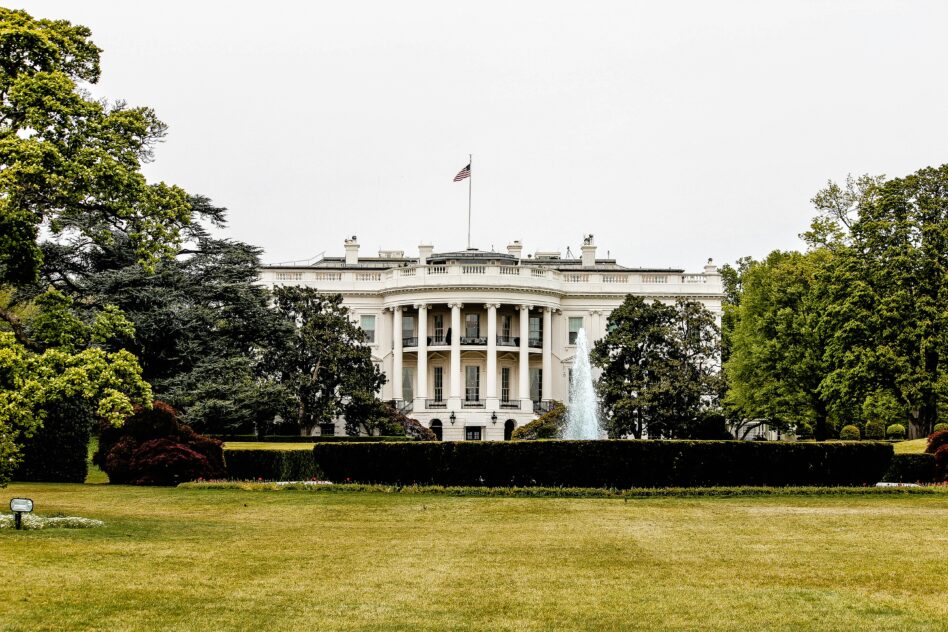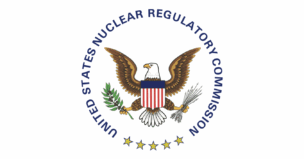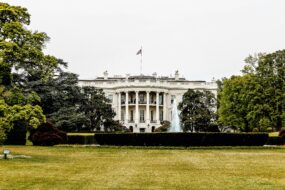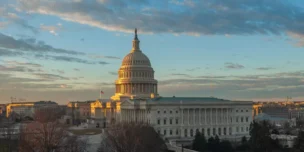President Donald Trump is back in office, and true to style, he kicked off his second presidency with an audacious (and large) batch of executive orders. We don’t have to tell you that.
If the president’s day-one changes set the tone for the next four years, we might expect streamlined government licensing processes and shorter timelines, as well as a focus on energy growth in general rather than on the expansion of clean power in particular.
Here’s our wrap-up of the nuclear-related changes so far.
Changing of the guard: A new administration means new heads for several key positions in government agencies that handle key programs and licensing processes for the nuclear energy sector. The new faces at the top include:
- Chris Wright, the nominee for energy secretary. Wright hails from the oil and gas industry, having founded and led fracking firm Liberty Energy, and also sits on Oklo’s board of directors. During his testimony to the Senate Committee on Energy and Natural Resources, Wright said, “We need to build American nuclear infrastructure, on mining, on enrichment, on power production and on waste disposal, which is a tough challenge.” Sounds like support to us.
- David Wright, the new chair of the NRC. Wright has been a member of the NRC since 2018 and now finds himself in the hot seat as the agency looks to streamline and simplify the licensing process for new nuclear reactors without compromising safety. (And we bet it will be a busy few years for the NRC).
- Mark Christie, the new chairman of the Federal Energy Regulatory Commission (FERC). Christie has served on the commission since the end of the first Trump presidency and will bear responsibility for regulating transmission and grid development.
A national emergency: According to a day-one executive order, the US is officially in a national energy emergency. The order calls for a dramatic scaling up of US energy production—mostly oil and gas, but also critical minerals, including uranium. That jibes with the recent DOE push to scale up domestic uranium fuel production.
The president also, once again, withdrew the US from the Paris Climate Agreement and its commitment to cutting emissions to slow the progress of climate change.
DOGE: If the nuclear energy industry has been a squeaky wheel about anything, it’s the lengthy and expensive permitting process stunting the growth of advanced nuclear in the US. Trump has now officially created the long-discussed Department of Government Efficiency (DOGE), whose mandate is to cut the fat in government processes. It remains to be seen what route that initiative will take.
Lead Reporter of Ignition




